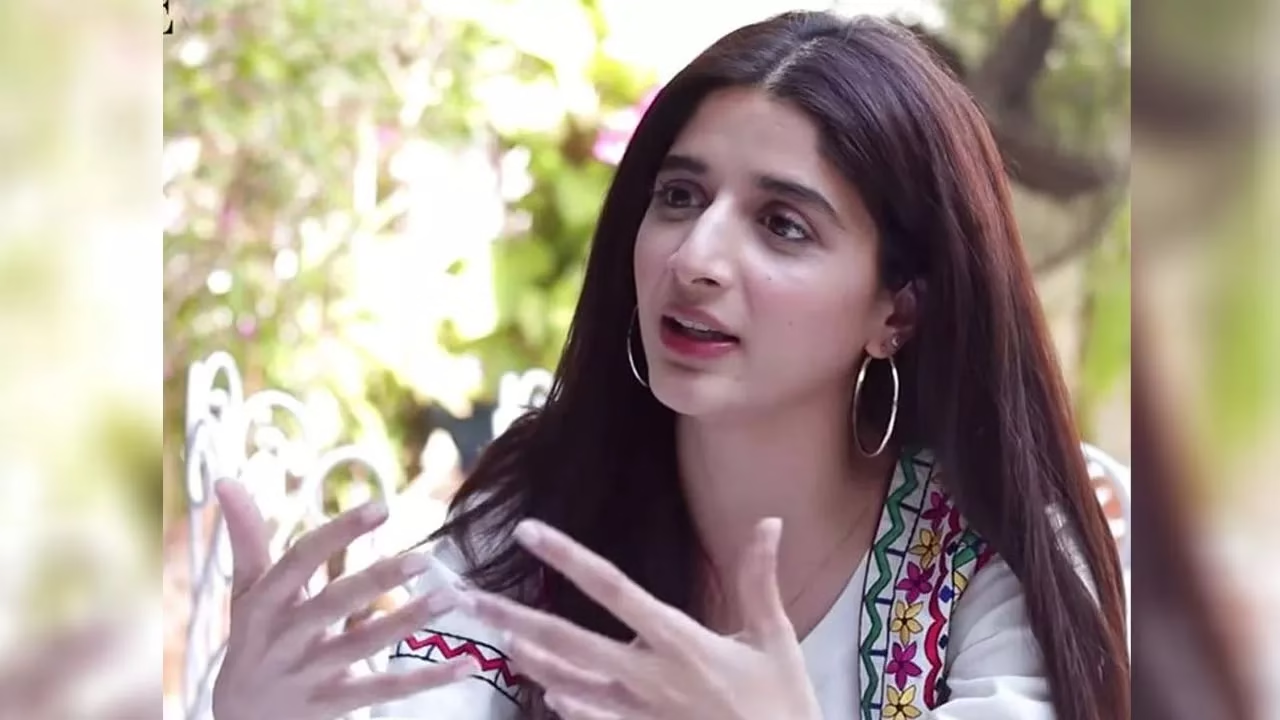Renowned actor and public figure Hamza Ali Abbasi recently appeared on a popular podcast, where he openly shared his thoughts on religion, spirituality, and today’s evolving social attitudes. During the candid conversation, he also addressed the highly sensitive case involving YouTuber Rajab Butt, offering a thoughtful solution that has resonated with many.
Hamza Ali Abbasi’s Take on Society’s Current Challenges
Speaking with remarkable clarity, Hamza reflected on the growing gap between religious scholars and the general public. He noted that misunderstandings often arise when someone makes a statement without full knowledge or their words are taken out of context. Such incidents, he said, unfortunately, lead to unnecessary outrage and social divisions.
Drawing attention to recent events, Hamza cited the case of Rajab Butt, a popular YouTuber who came under intense scrutiny after making a controversial remark. Following public pressure and serious threats, Rajab Butt was ultimately forced to leave the country, a development that Hamza described as deeply saddening.
The Rajab Butt Case: A Lesson for Everyone
Hamza Ali Abbasi emphasized that while individuals, especially public figures, should exercise great care in their statements, society at large also bears a responsibility. He stressed that not every misstep warrants extreme reactions or life-altering consequences.
Sometimes people speak out of ignorance or misunderstanding,Hamza said. “It doesn’t mean we should completely destroy their lives. If a person realizes their mistake, apologizes sincerely, and shows remorse, we should have the heart to forgive.
His comments come at a time when the need for tolerance and unity is more important than ever in a society facing increasing polarization.
A Call for Compassion and Forgiveness
Hamza’s message was clear: while the public must act with caution, religious scholars and community leaders must also display softness, compassion, and forgiveness. He stressed that acknowledging an apology and offering forgiveness reflects the true spirit of religion, which teaches kindness and mercy.
If someone is genuinely sorry, it’s better to end the matter gracefully rather than dragging it on and causing more harm,Hamza said during the podcast.
He further added that both sides — those who speak and those who listen — must engage in dialogues with understanding rather than confrontation. Society, he suggested, would greatly benefit from promoting a culture where admitting a mistake is not met with destruction, but with an opportunity for growth and learning.
Public Reaction to Hamza Ali Abbasi’s Comments
Hamza’s remarks have received widespread appreciation online. Many praised him for his balanced and thoughtful approach to a sensitive topic that has dominated headlines and social media discussions.
Fans and social commentators have highlighted that Hamza’s mature stance offers a much-needed example of how to navigate controversial situations — not with anger and division, but with wisdom and understanding.
Social media platforms are abuzz with people sharing snippets from the podcast, calling Hamza’s speech a voice of reason in an increasingly hostile environment.
The Bigger Picture: Healing Divides
Hamza Ali Abbasi’s comments also hint at a larger issue facing modern society — the need to rebuild trust and understanding between different segments of the population. Misunderstandings, when handled with grace rather than aggression, can become opportunities for unity instead of becoming sources of permanent rifts.
By advocating for both responsibility in speech and compassion in response, Hamza has laid down a powerful roadmap for society to follow, especially in an era where social media often magnifies controversies and hostility.
The case of Rajab Butt serves as a reminder that words carry weight — but it also teaches that forgiveness should not be forgotten in our reactions. Hamza Ali Abbasi’s message challenges everyone to think deeper, act wiser, and embrace the true spirit of humanity.
As Hamza rightly pointed out, admitting a mistake and seeking forgiveness is a strength, not a weakness — and accepting an apology is the beginning of healing, not a sign of defeat.
In a world quick to cancel and condemn, Hamza Ali Abbasi’s call for forgiveness stands out as a beacon of hope and wisdom.



